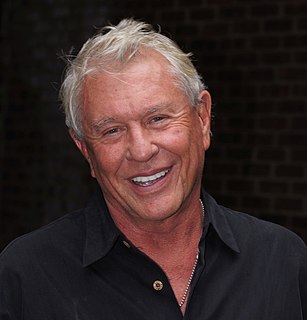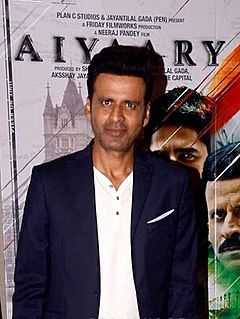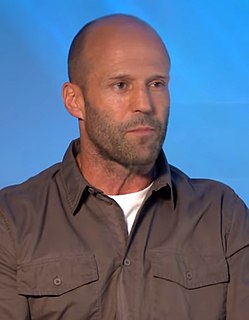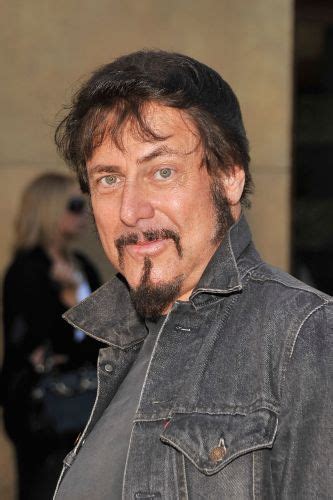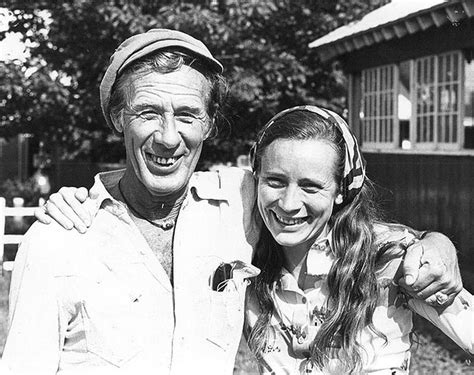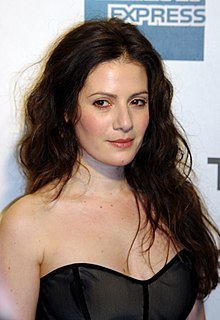A Quote by Tom Berenger
I wrote a script. I actually enjoyed writing it more than acting. It's about the Irish rebellion of 1920, which is a fascinating period and place for me
Related Quotes
I took to writing as my medicine to help me stay afloat in acting career journey. I wrote about me breaking hearts, and my heart being broken. I wrote about my views whether they were liberal or conservative. I wrote about everything. I wrote about my life. When I did not have paper coming in as green backs, I'd use random pieces of paper for stories. It was like, I got no money, but I have paper to write. So I wrote.
I believe that half the trouble in the world comes from people asking 'What have I achieved?' rather than 'What have I enjoyed?' I've been writing about a subject I love as long as I can remember--horses and the people associated with them, anyplace, anywhere, anytime. I couldn't be happier knowing that young people are reading my books. But even more important to me is that I've enjoyed so much the writing of them.
I often tell people who want to write historical fiction: don't read all that much about the period you're writing about; read things from the period that you're writing about. There's a tendency to stoke up on a lot of biography and a lot of history, and not to actually get back to the original sources.
